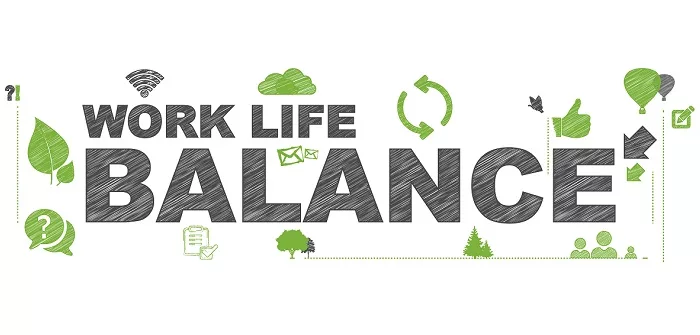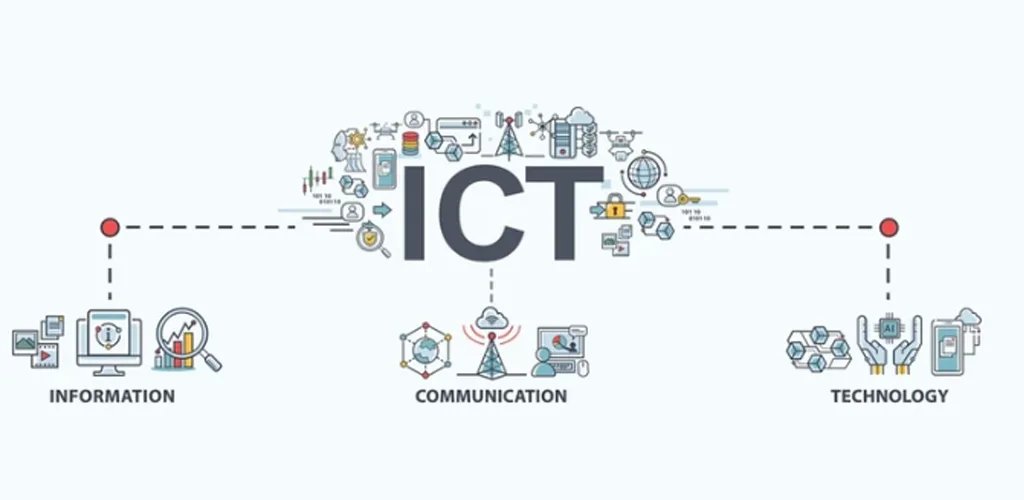In today’s fast-paced world, maintaining a healthy work-life balance is crucial for overall well-being and job satisfaction. As we navigate the evolving landscape of work in 2025, certain industries stand out for offering employees the best possible balance between professional and personal lives. Based on comprehensive research analyzing factors such as salary, remote work options, job satisfaction, and leave policies, here are the top 8 industries that excel in providing an optimal work-life balance.

1. Finance and Insurance

The Finance and Insurance sector leads with an impressive work-life balance score of 7.97 out of 10. Employees in this industry benefit from:
- High Average Salary: An average salary of £62,244 provides financial security, reducing work-related stress.
- Generous Annual Bonus Pay: Bonuses enhance financial comfort, allowing employees to plan for leisure and personal time.
- Low Employee Turnover: A stable work environment with low turnover indicates high job satisfaction and reduced pressure.
- High Job Satisfaction Rating: Employees report high levels of satisfaction, a key indicator of good work-life balance.
- Reasonable Working Hours: Manageable median hours with minimal overtime requirements support a balanced lifestyle.
- Remote Work Opportunities: A high percentage of roles offer remote work, providing scheduling flexibility.
- Generous Annual Leave: Ample days off ensure employees have time to rest and recharge.
2. Education

Ranking second with a score of 6.49 out of 10, the Education industry offers unique advantages for work-life balance. Teachers and educators enjoy:
- School Holidays and Summer Breaks: Extended periods off during holidays and summers provide significant personal time.
- Flexible Scheduling: Opportunities for part-time work or flexible hours, particularly in higher education, enhance balance.
- Meaningful Work: The fulfilling nature of educating and shaping young minds contributes to high job satisfaction, despite challenges like administrative tasks.
3. Architecture and Engineering

With a score of 6.26 out of 10, this industry provides:
- Project-Based Work: Work often follows project cycles, allowing for periods of intense work followed by downtime.
- Creative Freedom: Opportunities for innovation and creativity lead to higher job satisfaction.
- Remote Work Options: Advances in technology enable many roles to be performed remotely, offering flexibility.
4. Information and Communication

Scoring 6.19 out of 10, this sector is recognized for:
- High Demand for Skilled Workers: The need for IT professionals often comes with competitive compensation and benefits.
- Flexible Working Hours: Many roles allow for flexible schedules or remote work, accommodating personal needs.
- Continuous Learning: The industry’s rapid evolution encourages ongoing education, which can be fulfilling and engaging.
5. Real Estate

Real Estate professionals enjoy a score of 6.16 out of 10, thanks to:
- Flexible Schedules: Agents often control their working hours, allowing for better work-life integration.
- Commission-Based Income: While potentially stressful, high earnings from commissions can enable more time off.
- Local Work: Working in local areas reduces commute times, freeing up time for personal activities.
6. Legal and Accounting

With a score of 6.05 out of 10, this industry offers:
- Structured Work Hours: Traditional office hours create a clear distinction between work and personal time.
- High Pay: Competitive salaries reduce financial stress, supporting a balanced lifestyle.
- Career Progression: Clear advancement paths keep employees motivated and satisfied.
7. Health and Social Work

Scoring 5.66 out of 10, this sector provides:
- Meaningful Work: Helping others is inherently rewarding, boosting job satisfaction.
- Shift Work: Flexible shift schedules allow employees to balance personal responsibilities.
- Growing Demand, Job Security: The increasing need for health and social services ensures stable employment opportunities.
8. Other Service Activities

Rounding out the list with a score of 5.64 out of 10, this broad category includes various service industries that offer:
- Flexible Hours: Many roles allow for part-time or flexible scheduling, accommodating diverse lifestyles.
- Local Employment: Working in local communities reduces commute times, enhancing family and personal time.
- Diverse Roles: A wide range of positions allows employees to find roles that suit their individual needs.
| Rank | Industry | Work-Life Balance Score (out of 10) |
|---|---|---|
| 1 | Finance and Insurance | 7.97 |
| 2 | Education | 6.49 |
| 3 | Architecture and Engineering | 6.26 |
| 4 | Information and Communication | 6.19 |
| 5 | Real Estate | 6.16 |
| 6 | Legal and Accounting | 6.05 |
| 7 | Health and Social Work | 5.66 |
| 8 | Other Service Activities | 5.64 |
Why These Industries Stand Out
These industries excel due to a combination of factors that foster a healthy work-life balance. High salaries and bonuses, as seen in Finance and Insurance, provide financial security, reducing the need for excessive work hours. Flexible working arrangements, including remote work options prevalent in sectors like Information and Communication and Architecture and Engineering, allow employees to manage their schedules effectively. Generous leave policies, particularly in Education with its extended holidays, ensure ample time for rest and personal pursuits. Additionally, industries like Health and Social Work and Education offer meaningful work that enhances job satisfaction, while low turnover rates across these sectors indicate supportive work environments. These elements collectively create cultures that prioritize employee well-being, making these industries leaders in work-life balance for 2025.
Final Thoughts
Choosing a career in one of these top 8 industries can significantly enhance your work-life balance, leading to a more fulfilling and sustainable professional life. As the workplace continues to evolve in 2025, prioritizing industries that support well-being is increasingly important. Whether you’re starting your career or considering a change, these sectors offer promising environments where you can thrive both personally and professionally. Always consider your personal career goals and lifestyle needs when making professional decisions.

